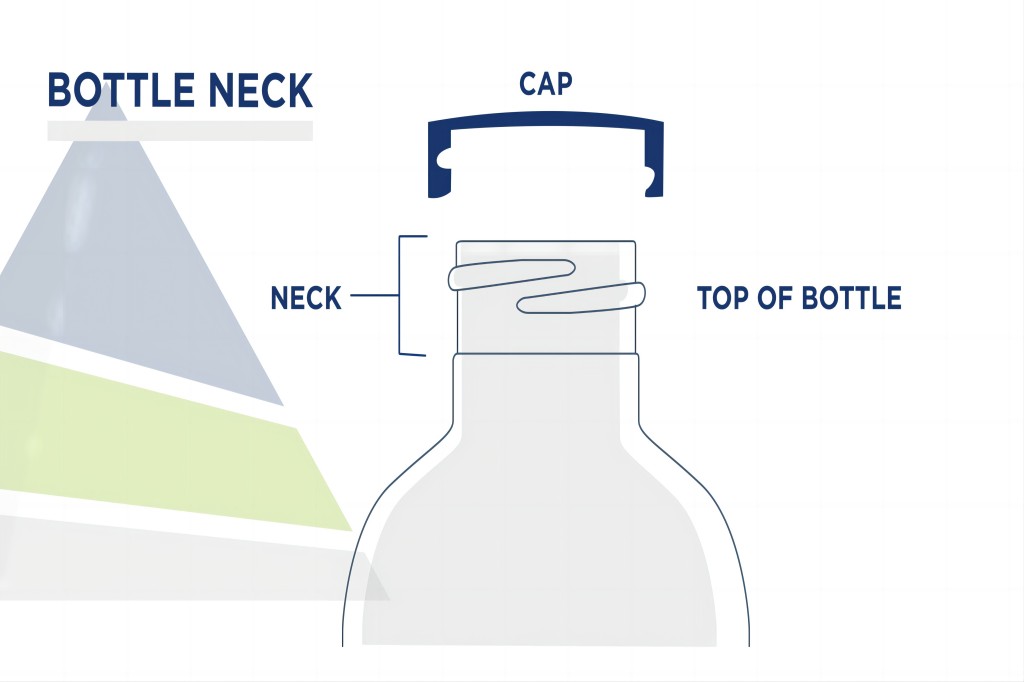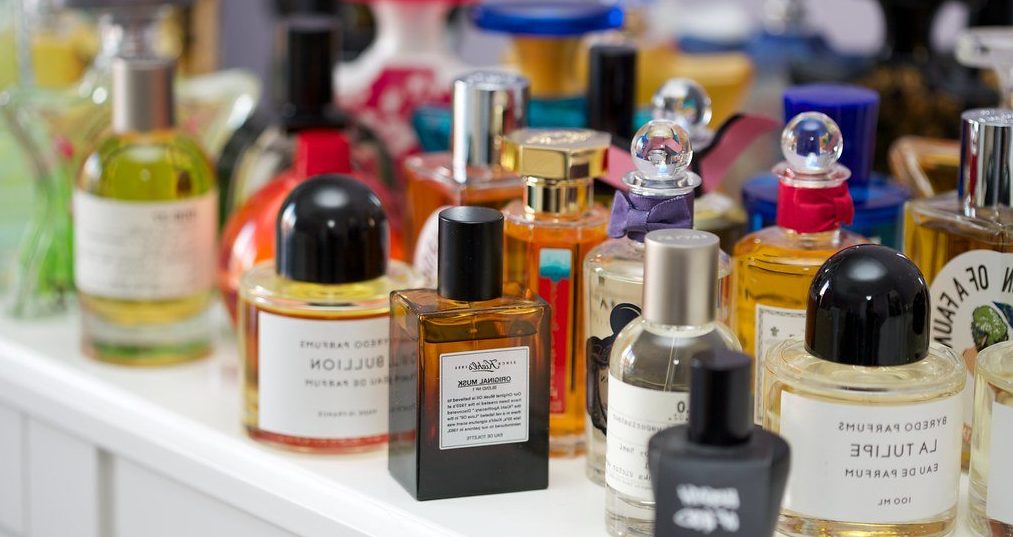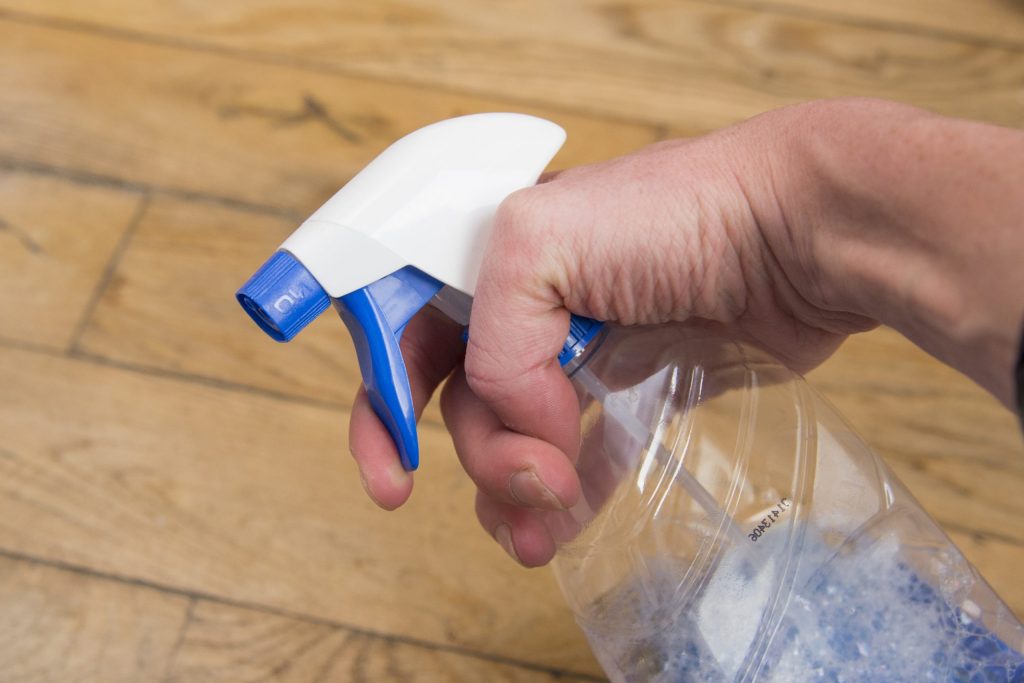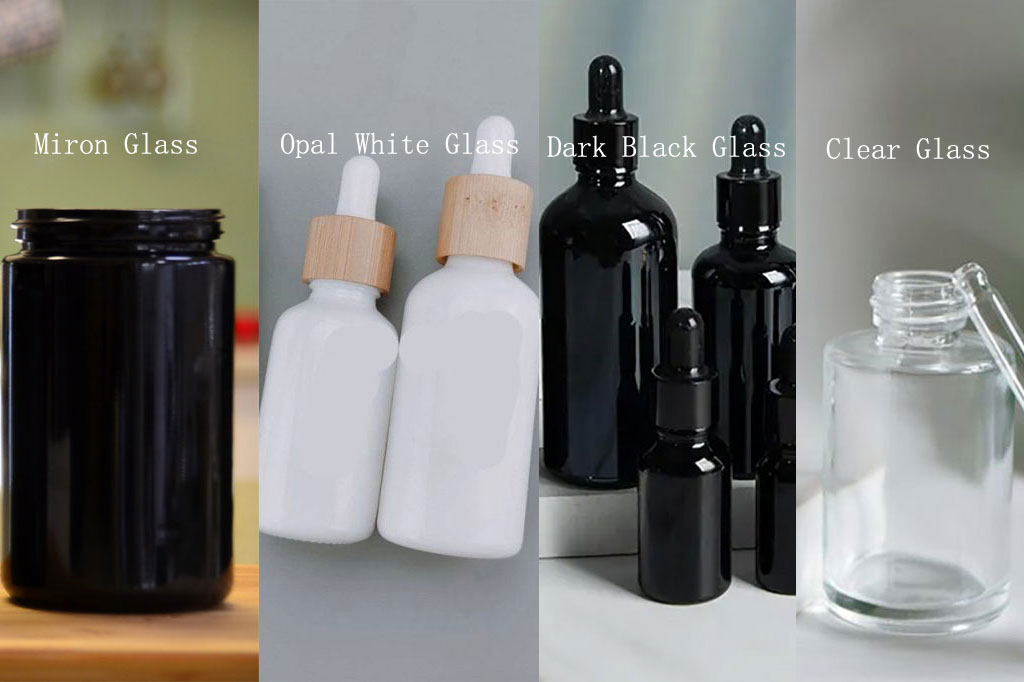Glass cosmetic bottles offer an array of closure methods, commonly including the following four: Threaded, magnetic seals, press-on closures, and spring mechanisms.
Crafted to offer functionality, convenience, and aesthetic appeal, these closure methods are integral in maintaining product integrity, preventing leakage, and elevating user experience.
Closure Type Comparison
Feature | Threaded | Magnetic | Press-on | Spring Mechanisms |
Ease of Use | Easy to open and close, versatile | Generally easy, often with a seamless look | Simple to use, without visible threads | Convenient, suitable for controlled dispensing |
Seal Security | Offers a reliable seal | May not seal as tightly as threaded closures | May loosen over time | Generally secure, designed for controlled dispensing |
Appearance | Visible threads | Sleek, modern look | Clean appearance, no visible threads | May vary depending on design |
Durability | Can wear with repeated use | Potentially less durable if magnet strength diminishes | Can loosen with frequent use | Prone to mechanical failure with extensive use |
Cost | Typically lower cost | Often more expensive due to magnetic components | Moderate cost | Generally higher cost due to complex mechanisms |
Applications | Suitable for various liquids and creams | Commonly used for high-end products | Good for quick access and simpler closures | Ideal for pumps, sprays, or precision dispensing |
Threaded
Threaded glass cosmetic bottles feature a threaded neck with a screw-on cap, providing a secure seal commonly used in cosmetic bottles.
This design is adaptable and straightforward, ideal for various liquids and creams. However, it may wear over time due to repeated screwing and unscrewing.
Pros | Cons |
|
|
Magnetic
Magnetic seals glass cosmetic bottles use magnetic closures for a unique and modern seal, offering a seamless look that’s easy to open and close.
This design is typically used for high-end cosmetic products because of its sleek appearance. Yet, it tends to be costlier and might not seal as tightly as threaded bottles.
Pros | Cons |
|
|
Press-on
Press-on glass cosmetic bottles involve a cap or lid that presses onto the bottle, typically with a friction fit. This closure is simple to use and provides a clean look without visible threads.
It’s suitable for quick access but might not be as secure as threaded closures, potentially loosening over time with frequent use, which could affect the seal.
Pros | Cons |
|
|
Spring Mechanisms
Spring mechanisms glass cosmetic bottles use a spring-loaded mechanism for opening and closing, offering a secure and convenient closure.
This design is common in pumps or spray bottles, allowing for controlled dispensing, making it ideal for products that need precise application. However, it may be more difficult to manufacture and could be prone to mechanical failure with frequent use.
Pros | Cons |
|
|
Conclusion
In conclusion, different closure methods have varying impacts on the design and aesthetics of glass cosmetic bottles. Threaded closures showcase a traditional and stable image, magnetic closures embody a modern and stylish style, press-on closures emphasize simplicity and practicality, while spring mechanism closures reflect a sense of technology and innovation.




